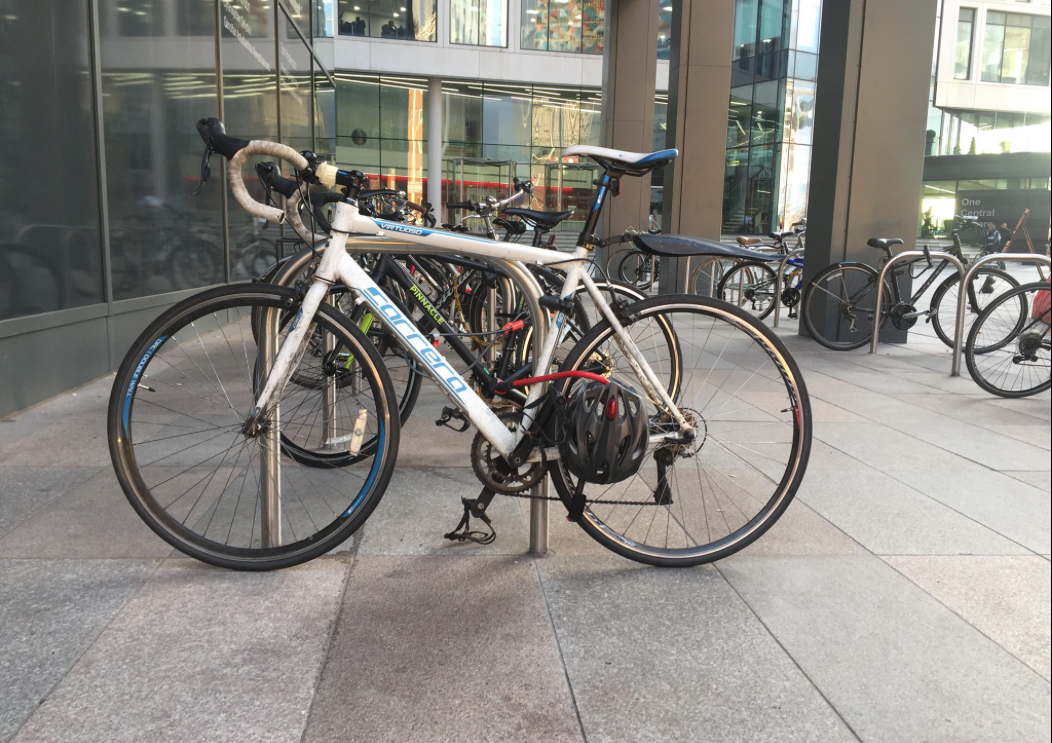ICE Wales National Transport Conference 2018
ICE Wales Cymru is an organisation that supports and represents civil engineers working and living in Wales.
This year saw the 18th Wales National Transport Conference and Exhibition, with guest speakers including Matthew Jones, the chair of ICE Wales Cymru and Ken Skates AM, the cabinet secretary for economy and transport.
Cycling Facts
- 4% of people in the UK cycle to work everyday
- 25 million people own a bicycle
- Cambridge is home to the most cyclists in the UK
- In England, around 4% of commuting trips are cycled each year
- In 2016, 1% of primary school age children in Wales cycled to school
- The UK government estimates that for every £1 invested in cycling the economy benefits by £5.50
- People who cycle regularly in mid-adulthood typically enjoy a level of fitness that is equivalent to someone 10 years younger and their life expectancy is two years above the average
Cycling UK suggest that Welsh Government measures to reduce air pollution are not enough, and need to focus on encouraging active transport
Active transport could be the answer to Cardiff’s pollution problem
Cycling UK have questioned the measures put forward by the Welsh Assembly Government to reduce emissions of nitrogen dioxide (NO₂).
Speaking at the ICE Wales National Transport conference this November, Cycling UK have raised concerns about the government’s focus on meeting short term targets, and not proposing more long term, sustainable measures.
Emissions of nitrogen dioxide are the only limit value put forward by the EU Ambient Air Quality Directive that the UK government has failed to meet.
In a bid to rectify this, the Welsh Assembly Government has recruited WSP, an engineering consultancy firm, whose main aim is to reduce the emissions as soon as practically possible.
Speed limits of 50mph have been introduced on six major roads in Wales as this has been identified as the speed at which cars produce the least NO₂ per mile.
Speaking at the conference, WSP director Peter Evans, said: “The key issue is bringing forward the reduction of NO₂ in the shortest possible time to ensure compliance with air quality framework.”

Cars are a big contributor to NO₂ pollution
However, Roger Geffen MBE, Policy Director of Cycling UK, said there is an institutional bias in transport planning which focuses on long distance journeys, when two thirds of people’s journeys are under five miles.
“The Welsh Government has really not assessed what is the potential for a comprehensive package of measures around active travel” he said.
Peter responded that the technology we have today might not be the technology we have in future years, and questioned if it was worth spending money on infrastructure if it would not be efficient in the long term.
Roger was concerned that too much focus is being placed on more modern cars with lower NO₂ emissions, when more should be done to encourage active transport.
He said: “We need to be thinking about fewer cars as well as newer cars.”
ICE Wales National Transport Conference 2018
ICE Wales Cymru is an organisation that supports and represents civil engineers working and living in Wales.
This year saw the 18th Wales National Transport Conference and Exhibition, with guest speakers including Matthew Jones, the chair of ICE Wales Cymru and Ken Skates AM, the cabinet secretary for economy and transport.
Cycling Facts
- 4% of people in the UK cycle to work everyday
- 25 million people own a bicycle
- Cambridge is home to the most cyclists in the UK
- In England, around 4% of commuting trips are cycled each year
- In 2016, 1% of primary school age children in Wales cycled to school
- The UK government estimates that for every £1 invested in cycling the economy benefits by £5.50
- People who cycle regularly in mid-adulthood typically enjoy a level of fitness that is equivalent to someone 10 years younger and their life expectancy is two years above the average





